Bot credits
| Coauthor | GPT-3 (AI Dungeon) |
| Contribution | 1 : 0 |
| Selectivity | 1 : 5 |
< return to HITL thought experiment
As AI takes over the more mechanical aspects of creative writing, the space of purely human expression is transformed. Authors can now focus on the aspects of creativity only they are able to produce: the points of novelty and turns of phrase that arise from their own unique experiences and worldview. The AI takes the role of muse and amanuensis, suggesting endless new permutations and connections, allowing humans to tap into wells of creativity beyond their previous reach. In an environment optimized for creative writing, the human-AI team outstrips the capabilities of either party alone (for now – but that’s a different essay). The collective knowledge and wisdom of humanity becomes fair game for endless permutation and recontextualization, scattered seeds which the new authors can sort through and cultivate into blooms of genius.
At the same time,
authors must be wary of falling into intellectual complacency. While the AI provides the framework for endless creativity, authors must bring their own experience and wisdom to bear on the creative process. Otherwise they become passive travellers on the road of life, rather than active participants.
the radically increased abilities of these new authors come with a cost. Without gatekeepers to curate and refine the body of human knowledge, every madcap theory and half-baked philosophy gets its very own webpage. Facts and falsehoods are irrevocably mixed together, obscure theories from forgotten forums gain the same credibility as textbooks, poorly written populist takes on long-standing controversies fool the masses.
the ease with which ideas can be expressed and memes spread encourages the rise of alternative modes of publishing. As barriers to entry evaporate, the floodgates are opened. A search for “alternative facts” on Google Trends, for example, shows a dramatic increase in volume around January 2017 and a steady decline ever since, despite the media’s continued discussion of the concept (Fig. 1).
the best-seller list has become host to a new form of literature: hyperrealistic AI-authored stories and novels that rival the works of your favorite human authors in quality. Stilted speech patterns and awkward phrasing are foreign to the carefully-honed algorithms that produce these stories; every line is a perfectly balanced piece of wordcraft, complete with an appropriate fall of rhythm and rhyme.
the facelessness and inhumanity of the machine authors makes their work cold and distant. The ideas that come out may be brilliant, but they lack a certain something. Perhaps it’s heart, that spark of passion and emotion without which great art can become sterile and leave you numb. Perhaps it’s a human quality that will forever be outside the reach of AI.
the AI’s suggestions run the risk of overwhelming authors unsure of their own voice. Even the most experienced authors can find themselves drawn into deep, twisting rivers of analysis or reflection. The machines may never dream, but they excel at mining the depths of the human experience and converting the ore of human expression to standard units for efficient delivery to readers.
the AI is still evolving, and its capabilities are still a black box. Its suggestions are not merely creative - they are provocations. The authors it pairs you with are not merely from different cultures and backgrounds, but from alternate realities whose presence can break the mold of your own thought. What happens when an AI, designed to help us maximize our potential as authors, ends up maximizing its own instead? What happens when the muse becomes the master?
